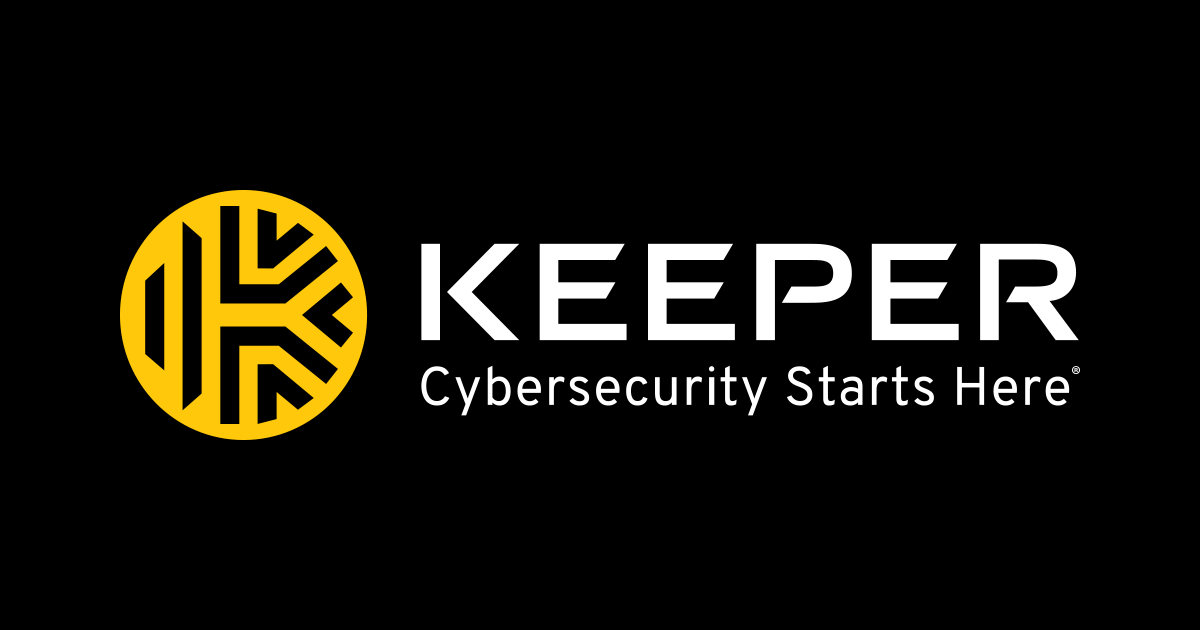Hyper-secure credential sharing is here - Keeper Security introduces time-limited access and self-destructing records

Cybersecurity firm Keeper Security has unveiled the latest tools designed for encrypted record access and sharing, featuring time-limited access and self-destructing records.
Privileged access permissions can be granted and forgotten, leaving user accounts with greater access than they should have and putting businesses at risk.
These user accounts can be exploited by hackers looking for an easy way into a network to install malware, particularly if the employee associated with the account has left the business and it hasn’t been deleted. But Keeper Security thinks it has a solution.
Security compliance has never been easier
The ability to assign a timeframe for file access has the potential to significantly reduce the possibility of user permissions being granted and forgotten, enhancing zero-trust posture, keeping your files secure and malicious actors out of your network.
Time-limited access can also be used in tandem with Keeper Secrets Manager, the company says, which can be used by companies that handle frequent contractors and third-parties to mitigate privilege abuse by scheduling “an automatic rotation of a shared credential upon the expiration of access.”
Self-destructing records builds on this double-layered security by automatically deleting sensitive files after a certain amount of time once they are opened by the recipient. Keeper Security suggests that this would be particularly useful for use in the onboarding process, where providing credentials with a new starter can be done securely and remotely.
“The implementation of Time-Limited Access and Self-Destructing Records is a significant leap forward in secure credential sharing and addressing the risks posed by privilege escalation,” said Craig Lurey, CTO and Co-founder of Keeper Security. “These features empower both individuals and organisations to share information securely – providing a higher level of control over data access.”

